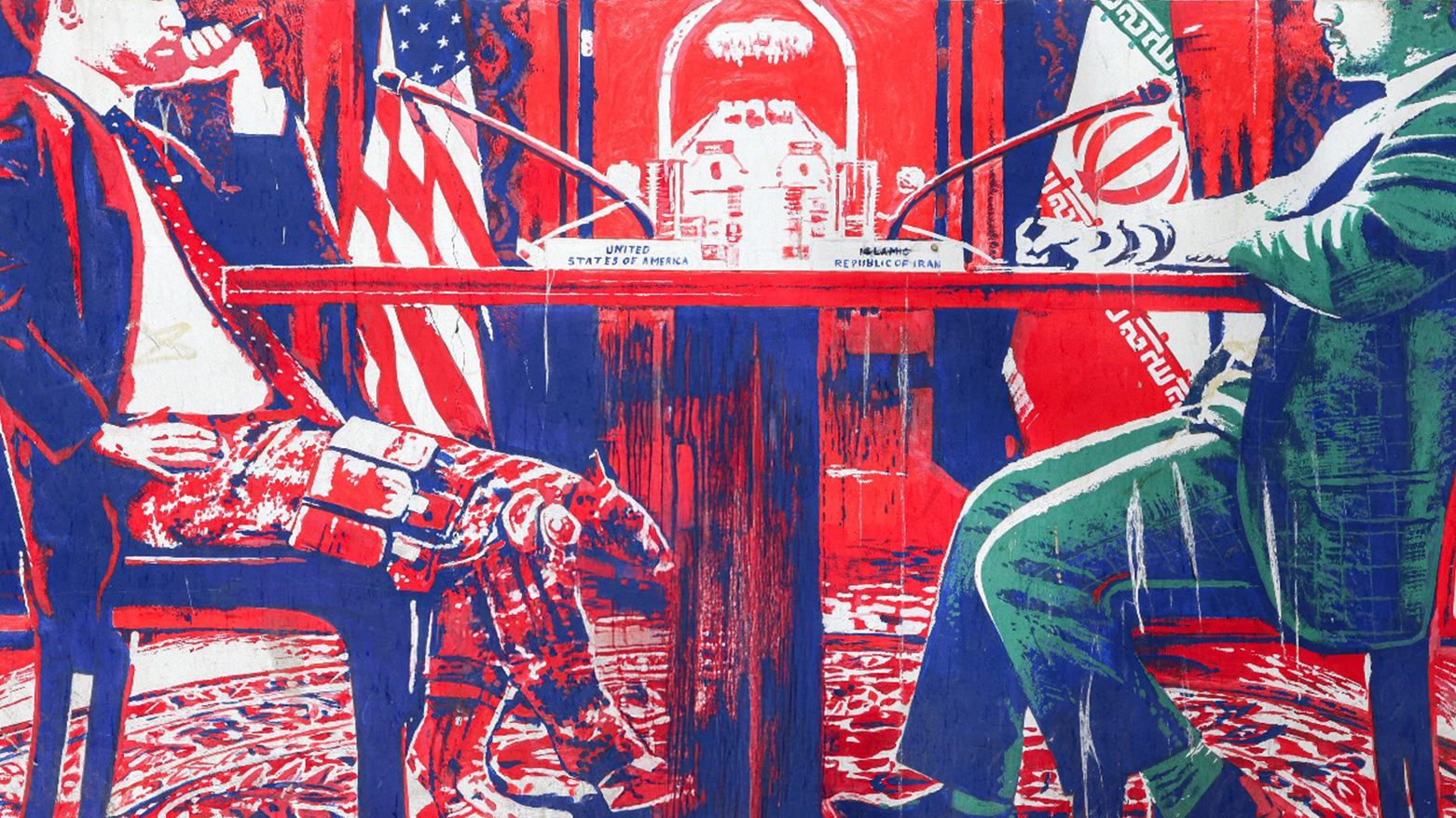Tehran: U.S. Must Refrain from Threats if Diplomatic Progress Is to Be Achieved
“If the American delegation refrains from threats and irrelevant provocations, then we believe the groundwork exists for a meaningful agreement,” Majid Takht-Ravanchi said.

By Ahora Qadi
ERBIL (Kurdistan 24) — A senior Iranian official has stated that a diplomatic breakthrough with the United States remains possible—on the condition that Washington ceases its use of intimidation and refrains from introducing unrelated issues into ongoing negotiations.
Speaking on Friday during a press briefing in Serbia, Majid Takht-Ravanchi, Iran’s Deputy Foreign Minister for Political Affairs, stressed that Tehran remains committed to dialogue and mutual respect, while rejecting “any form of coercion or political posturing.”
“If the American delegation refrains from threats and irrelevant provocations, then we believe the groundwork exists for a meaningful agreement,” Takht-Ravanchi said. “The Islamic Republic of Iran believes in diplomacy grounded in reciprocal respect, not domination.”
His remarks come ahead of a planned high-level meeting in Muscat on Saturday, April 12, between Iranian negotiators led by Foreign Minister Abbas Araghchi and their American counterparts headed by Steve Whitcoff, the U.S. Special Envoy to the Middle East. The talks are expected to mark a new phase in diplomatic efforts aimed at reducing tensions and potentially reaching a broader understanding on regional security and nuclear concerns.
Tehran Signals Flexibility—Within Limits
Reiterating Iran’s foreign policy principles, Takht-Ravanchi noted that Iran remains open to “building constructive ties with its neighbors” and that dialogue is “the most strategic path to resolving regional disputes.” However, he emphasized that “any perception of unilateral advantage or bad-faith pressure will be firmly rejected.”
He further warned that Tehran would not accept conditions that compromise its national sovereignty or dignity, indirectly referring to ongoing Western accusations regarding Iran’s detention of dual nationals—claims the Islamic Republic has consistently denied.
EU Sanctions Loom Amid Detainee Disputes
In a related development, Reuters reported that European foreign ministers are preparing to impose new sanctions on nine Iranian officials allegedly involved in the detention of at least 20 dual nationals from Europe in recent years. According to two senior EU diplomats, the move aims to penalize Tehran for what they describe as “hostage diplomacy.”
Human rights organizations have accused Iran of using foreign nationals as leverage in international negotiations—a claim the Iranian government dismisses as politically motivated. Tehran insists that the detainees were arrested in accordance with Iranian law and denies using them as bargaining chips.
Among the detained are two French nationals whose prolonged imprisonment has sparked outrage in Paris. French Foreign Minister Jean-Noël Barrot recently confirmed that France is pressing for their immediate release and has threatened legal action against Iran at the International Court of Justice for violations of consular protection.
A Delicate Diplomatic Moment
The forthcoming round of U.S.-Iran negotiations in Oman is seen as a critical juncture, particularly as the Biden-Trump transition in Washington has brought renewed focus to resolving outstanding disputes in the region. While both sides have signaled readiness to talk, Tehran’s message is clear: diplomacy must be rooted in mutual respect—not coercion.
Iran’s leadership continues to maintain that it is the West—particularly the United States—that must recalibrate its approach if it hopes to make progress on issues ranging from nuclear policy to regional stability. Whether Saturday’s talks will yield tangible results remains uncertain, but for now, the door to dialogue remains open—narrow, but not closed.